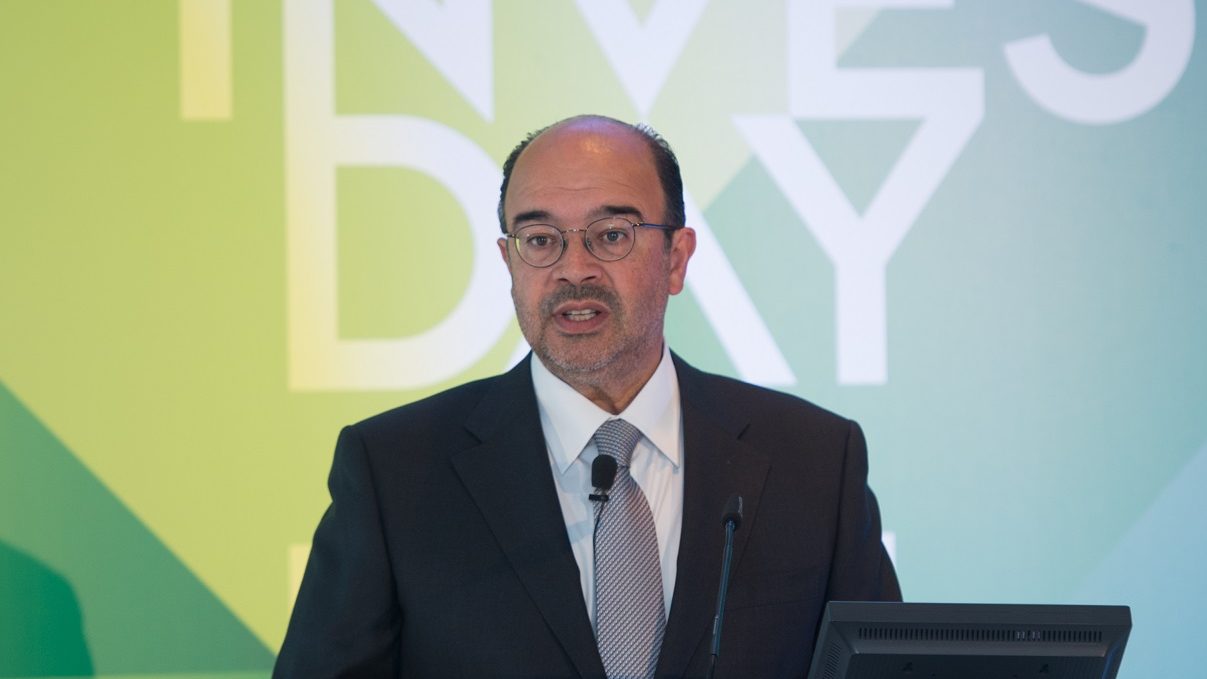Banking toxic assets more than double in one year
Toxic assets made the Portuguese banks pay 6 billion euros last year - meaning 16 million euros per day. The amount weighted in on results, but not on the bank's capital ratios.
European authorities have made numerous warnings to banks, saying they need to reduce the weight of non-performing loans on their balances. And they are right to do so: in only one year, toxic assets more than doubled in Portuguese financial institutions. BCP, BPI, Santander Totta, CGD and Novo Banco payed 16 million euros a day for those non-performing loans. The amount influenced the bank’s results, but not their capital ratios — some banks increased capital in order to absorb that impact.
This means banks had to register six billion euros in impairments last year, more than double the amount they registered in 2015. Inevitably, that amount weighted in on sector’s results.

Santander Totta and BPI were able to resist it, but BCP had a setback in its profits, in spite of the increase in operational results in almost 130 million euros.
Caixa Geral de Depósitos (CGD) was the bank which suffered more losses: the state bank had its worst result ever, with impairments surpassing three billion euros. Leaving out these troubled assets from the balance, the bank’s results actually increased.
As for Novo Banco, in spite of the negative net results, the bank’s operational results increased 209% due to the improvement in the banking product and the decrease in operational costs.
Nonetheless, Portuguese banks’ capital ratios have been improving: in spite of the European average being 13.64%, the Portuguese average pointed to a Common Equity Tier 1 ratio of 11.18%. The highlight goes to Santander Totta, which has a CET1 phased ratio of 15.7% and a 14.9% CET1 fully implemented ratio. BCP and CGD‘s ratios also improved, but only due to the capital increases within the restructuring plans.




